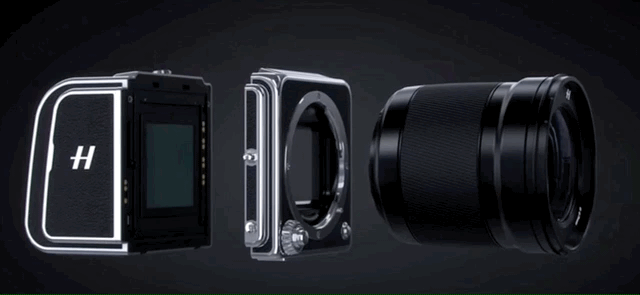Hasselblad’s new medium format camera is a tiny, beautiful nod to history
While mirrorless cameras accelerate into the future, medium format models are hearkening unto the past — and Hasselblad is chief among them. Its new digital back fits lenses going back to the ’50s, and the tiny […]
Hasselblad’s new medium format camera is a tiny, beautiful nod to history Continue »







